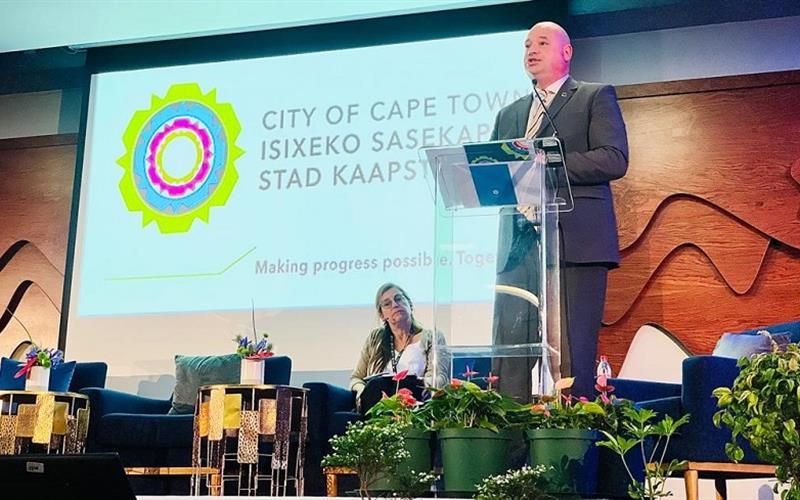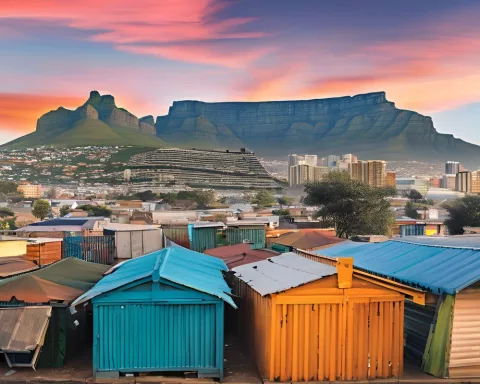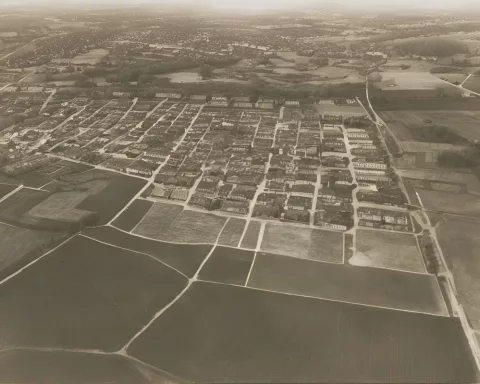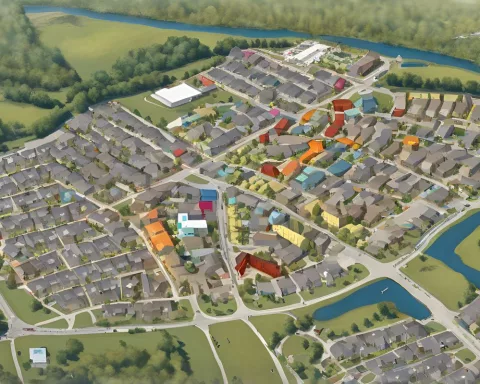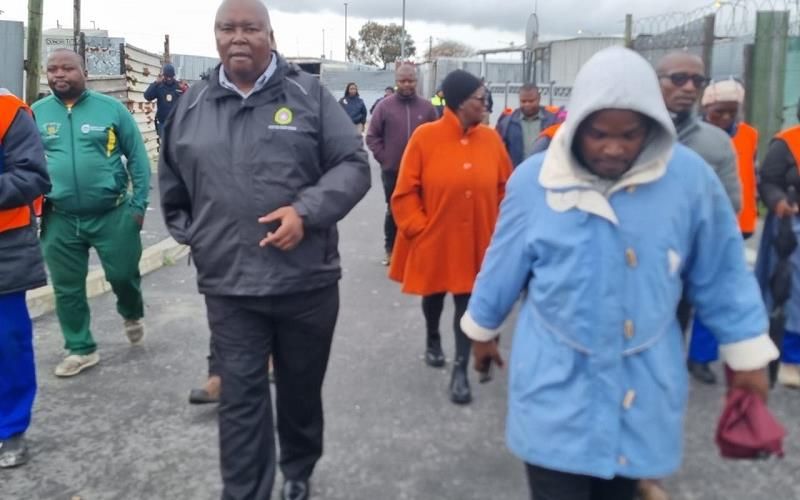As affordable housing becomes increasingly scarce, Cape Town is taking a proactive stance towards addressing this issue. Through the City’s Human Settlements Directorate Strategic Indaba, leaders from various sectors have come together to brainstorm and share ideas for the development of affordable housing in Cape Town.
Collaborative Effort for Affordable Housing
This collaborative effort involves the government and the City, private sector developers, civic and social housing organizations, academic institutions, and more. The strategic sessions provided a platform for these stakeholders to share their experiences and expertise, as Cape Town prepares to tackle the daunting task of providing affordable housing on a large scale.
Importance of Collaborations
Alderman James Vos, the City’s Acting Mayoral Committee Member for Human Settlements, emphasized the significance of such partnerships in his keynote address. He praised the diligent work of City teams and stakeholders in the challenging and emotional realm of human settlements.
Social Housing Guidelines
The City of Cape Town has recently published social housing guidelines that aim to unlock the value of City-owned land for combined housing developments. The guidelines offer discounts on the disposal of such land to the private sector, facilitating the creation of more affordable housing options for Capetonians.
Building a City of Hope
Despite the challenges faced, Cape Town has already built over 1,300 housing units on inner-city land parcels, with 6,500 more social housing opportunities in the pipeline. However, Alderman Vos acknowledges the insufficient state subsidy, land, and budget to meet the growing demand for affordable housing. Creative solutions and collaborations with the private sector, including the banking and micro-developer sectors, are essential for building a City of Hope.
Challenges Ahead
Nolwandle Gqiba, the City’s Executive Director for Human Settlements, acknowledged the hurdles that lie ahead, including the Russia-Ukraine war, economic downturn, pressure on middle classes, and the diverse population of the city. She emphasized the need for greater collaboration and the importance of evolving with the changing environment.
Human Settlements Strategy
The City’s Human Settlements Strategy, approved by the Council in 2021, positions Cape Town as an enabler of opportunities, working in partnership to unlock the potential for affordable housing at scale. As the implementation phase unfolds, it is evident that Cape Town’s collaborative approach and unwavering determination are essential to ensure that accessible housing becomes a reality for all its residents, now and in the future.

